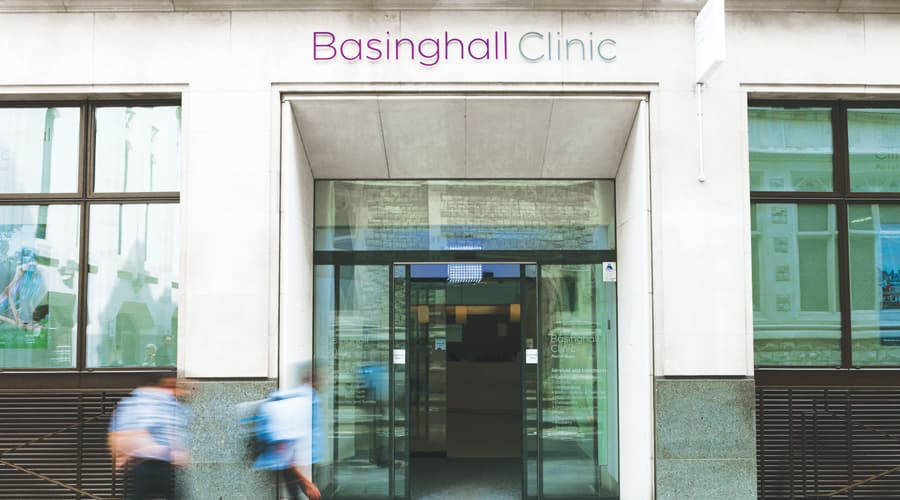MRI scan
MRI (magnetic resonance imaging) scans are used to help diagnose and monitor many different conditions.
What is an MRI scan?
Magnetic resonance imaging (MRI) is a type of diagnostic imaging procedure that uses magnets and radio waves to produce images of the inside of your body. It is used to help monitor and diagnose many different medical conditions.
An MRI scan can be used to look at most parts of the body including the breasts, heart, prostate, bones and brain.
At Cromwell Hospital, our MRI scanners can carry out a full body scan 30% faster than most machines. You can also choose your own lighting, wall images, and music to help you feel relaxed and comfortable during the procedure.
Most people can have an MRI scan but in some cases it may not be recommended. You can’t have an MRI scan if you have any metal in your body. You’ll need to tell us if you have:
- cochlear implants
- a pacemaker
- some types of heart valve replacements
- aneurysm clips (metal clips on your arteries)
- neurostimulators
- metal fragments in your eyes
- shrapnel or gunshots in your body
You’ll also need to let us know if you have:
- a heart defibrillator
- joint replacements
- an electronically activated medicine infusion pump shunts (tubes) in your brain
- stents (tubes) in your heart or arteries
- an intra-uterine contraceptive device or coil
- any transdermal patches
- any other implant or device in your body
You won’t be able to have an MRI scan if you’re in the first three months of pregnancy. Sometimes an MRI scan can be done after the first three months of pregnancy but please speak to your consultant or check with our MRI department.
If you are pregnant or believe you could be pregnant, please inform your doctor or the MRI department prior to attending your appointment.
Your scan will be carried out by a radiographer, a health professional trained to carry out imaging procedures.
An MRI scanner is shaped like a tunnel which is open at both ends. You’ll lie on a motorised bed that moves into the scanner, either head or feet first.
Some people feel claustrophobic while they’re in the scanner, so let the radiographer know if you’re worried.
Our MRI scanners specially designed to create a calming atmosphere and help you relax. They have ambient audiovisual technology and are larger than traditional scanners.
Lighting is used to transform the scanning room into a multi-dimensional theatre. You can listen to music, and images and light are projected onto the scanner walls.
A scan usually takes about 30 minutes. You must keep still during the scan as the MRI scanner is very sensitive to movement.
When you come to the hospital, make sure you bring with you:
- a request from the doctor who referred you for an MRI scan, unless this has been sent straight to the MRI department
- any images from previous scans or X-rays that you think may be useful
You may like to bring a CD of your favourite music so the radiographer can play this during your scan.
For the scan you will need to remove any metallic jewellery, piercings, hair accessories, dentures, hearing aids, watches, and glasses.
You can arrange for a friend or family member to come with you into the scanning room if you want to.
Usually, you should be able to leave the hospital straight after your scan.
Your MRI scans will be examined by a radiologist. The results are usually available within 24 hours of your scan. They will be sent to the doctor who referred you for the scan.
If you can’t have an MRI scan, you may need to have a different type of procedure such as a CT scan or an ultrasound scan.
Paying for your treatment
We welcome both self-paying and insured patients.
Self-pay patients
We offer several ways for patients to self-pay, including pay-as-you-go and self-pay packages.
Insured patients
At Cromwell Hospital, we accept private health insurance from most major providers, including AXA, Aviva, Bupa, and Vitality.
Our locations


Book an appointment today
Our telephone lines are open 8am to 8pm Monday to Friday and 8am to 2pm Saturdays.
Alternatively, fill out our appointment request form and we'll be in touch shortly.
Please note - regrettably we are unable to answer specific medical questions or offer medical advice via email or telephone.
